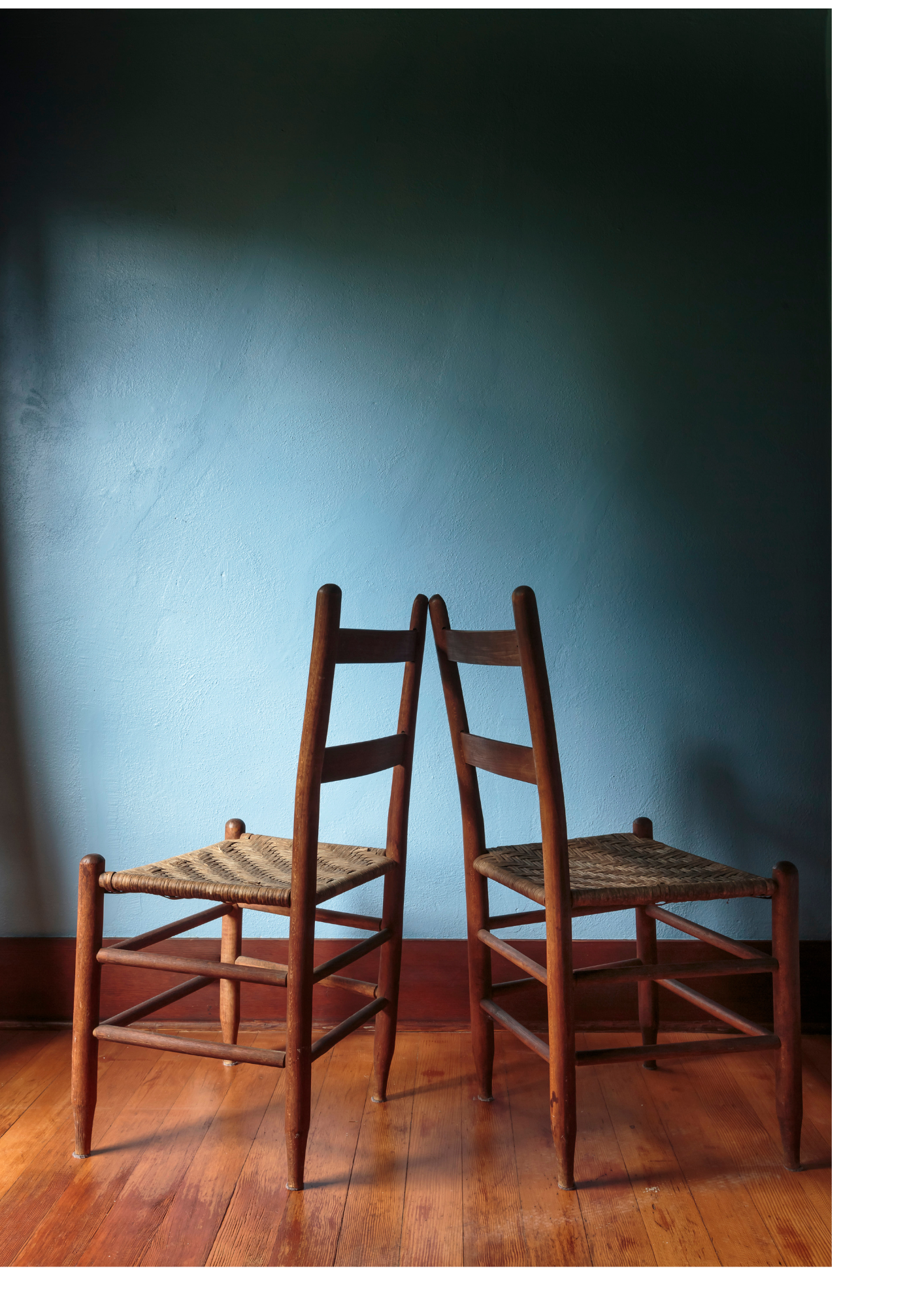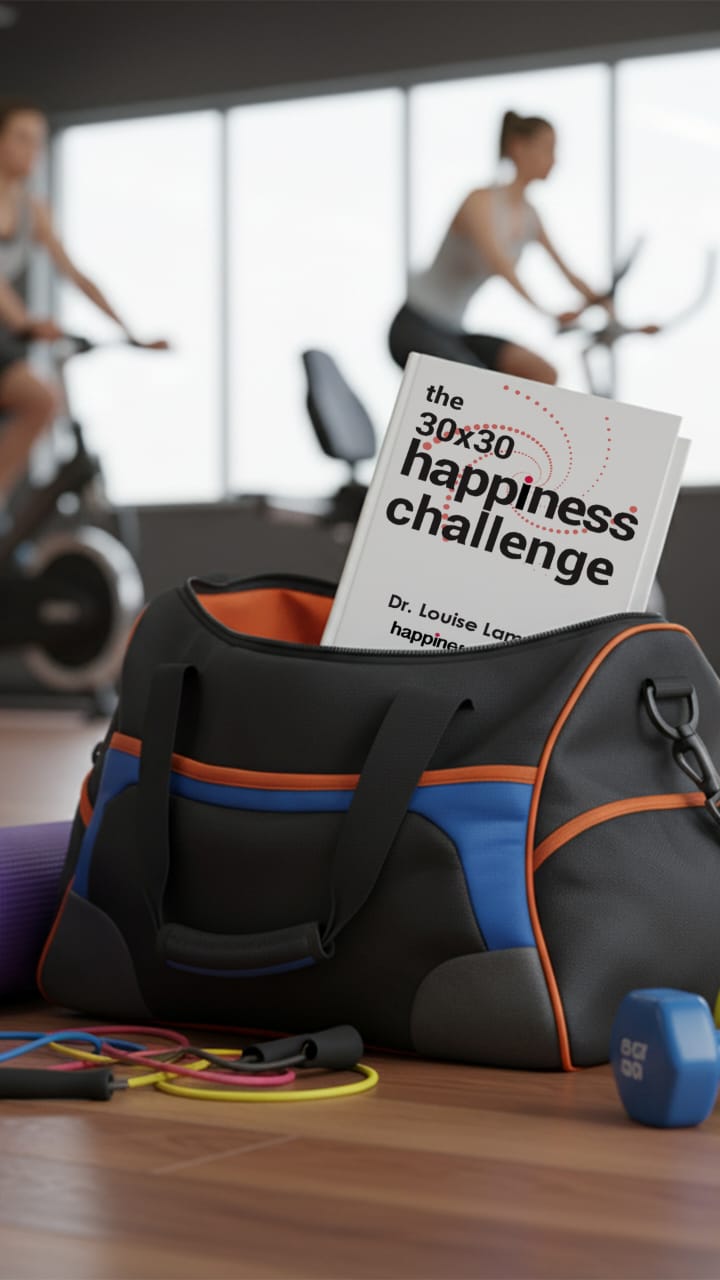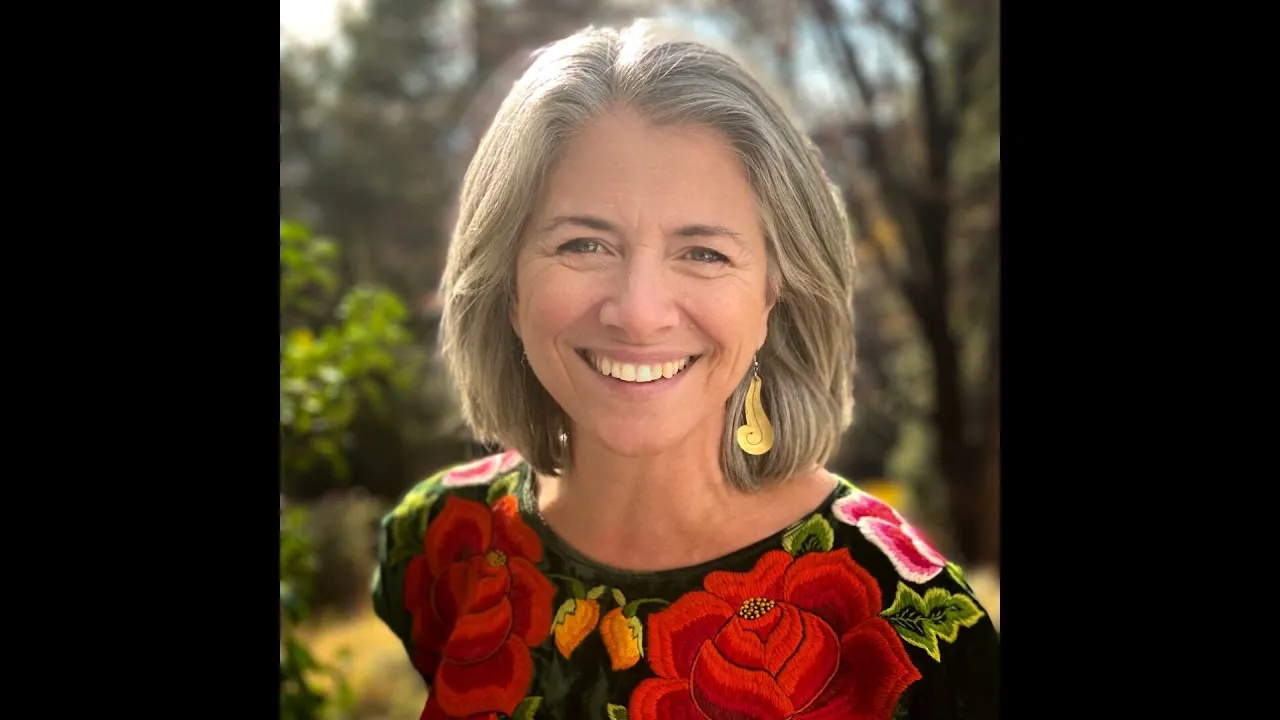Separation and Divorce Ambivalence in Family Mediation
Attachment in adult relationships Couples facing separation must cut their legal and financial ties and grow out of their emotional […]
Read complete blog >>
There’s a paradox I often see in therapy: those who seem the strongest, the most capable, and the most self-sufficient are often carrying the deepest loneliness. They are the ones others rely on—the ones who hold everything together. But beneath the surface, there’s an unspoken struggle: Who holds them?
Daniel Siegel’s work on interpersonal neurobiology reminds us that our nervous systems are wired for connection. Yet, those who have long been conditioned to be “strong” often struggle to trust that vulnerability will be met with care, rather than disappointment. They internalize the belief that needing less means hurting less.
Jessica Benjamin, in her work on mutual recognition, speaks to the essential human need to feel seen. We need to be seen, not just as caretakers or providers, but as full persons with our own longings and fears. Strong people are often recognized for their competence, but rarely for their needs. Over time, this can create a profound sense of isolation.
Stephen Michell and Richard Summers discuss how resilience, while adaptive, can also become a kind of emotional armor. For many, strength wasn’t a choice—it was a survival strategy. When vulnerability was met with rejection or neglect in early relationships, self-reliance became the only safe option. But this self-reliance, while protective, can also become restrictive. It keeps others at a distance, reinforcing the very loneliness they wish to escape.
Therapy offers a space where strength is not required. Being seen, held, and supported is not conditional upon performance or competence. As Benjamin suggests, healing happens not just in being understood but in experiencing reciprocity. We feel deep relief when we know that our inner world matters to another. So if you resonate with this, if you’re someone who’s always been “the strong one,” I invite you to ask yourself:
Strength and vulnerability are not opposites—they are two sides of being fully human.
Articles on www.hoopfull.com may feature advice and are for informational purposes only. It is not intended to be a substitute for medical advice, diagnosis or treatment from a trained professional. In an emergency, please seek help from your local medical or law enforcement services.
Keep up to date with the Hoopfull community.

Attachment in adult relationships Couples facing separation must cut their legal and financial ties and grow out of their emotional […]
Read complete blog >>
We spend years in school learning math, biology, and history, but very few of us are ever taught the actual […]
Read complete blog >>
Our standard of living has improved physically and materially. Life expectancy has increased. Healthcare, housing, education, infrastructure, and human rights […]
Read complete blog >>